
About Us
What We Think About Our Organisation
Parents Association of Mentally Handicapped of Jamshedpur(PAMHJ) is a non-profit organization established in the year 2004. Some of the parents came together and formed an association to help the mentally challenged people and their families. Since then it has been making concerted efforts for the empowerment and welfare of the PwIDDs children with special focus on the people suffering from autism, cerebral palsy, multiple disabilities and mental retardation.
With the continued co–operation from central and state Government, Local Authorities, Corporate House and general public, PAMHJ is expanding its services to serve more and more PwIDDs and their families .
15
Years In Charity28
Project Handled13
Staff
Members
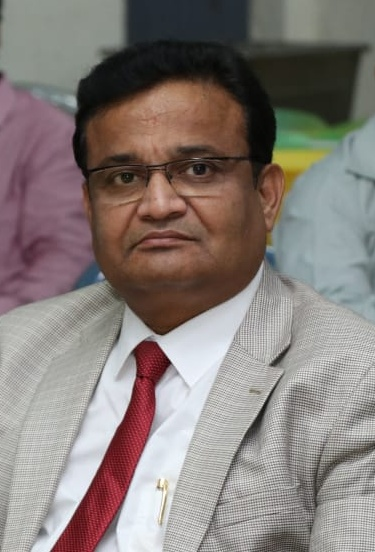

Words for Our Founder
Today we find an organisation named the “Parents Association of Mentally Handicapped of Jamshedpur (PAMHJ) having its vocational training centre i.e. “Day Care Center” at Dhatkidih, Jamshedpur humming with activities and shrill voices of mentally disabled children within its four walls The central figure behind all these activities is that of Mr.P.Babu Rao.He himself is a parent having a MR daughter. Very recently he retired from the Tata Steel where he was an employee-and it is during his employment period that he fore—saw the need to establish an organisation which would think and work for the welfare of mentally dibyang persons.
His daughter was the catalyst who inspired him to gather likeminded parents and PAMHJ took shape.
Due to his efforts PAMHJ was registered with the National Trust in 2004.The Tata Steel generously granted a building in 2008 and they moved to the present Day Care Centre. Now a vocational training centre i.e. Day Care Centre is being run in this building.
Today Mr. Babu Rao devotes all his time, energy and to some extent his money from his own pockets in the service of PAMHJ. All the glories and fame received by PAMHJ are due to him only.
But his dream is unrealised. The establishment of a full-fledged residential home is his dream. May God grant the fulfilment of his dream of a residential Home with medical, research in MR, and vocational training facilities take shape and he alone with his likeminded parents may not worry that “what would happen to their wards when they are no more.”
OUR COMMITTEE

Rajendra Prasad
PRESIDENT
Aseem Kumar
VICE PRESIDENT
P. Babu Rao
HONY. SECRETARY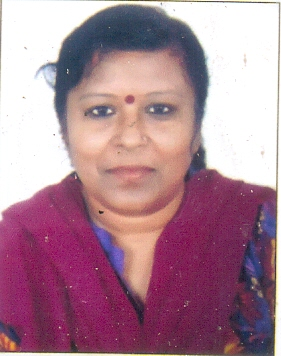
Amrita Kultaj
TREASURER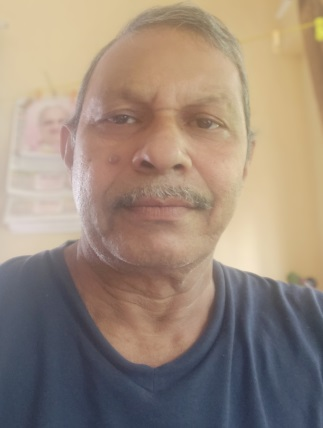
Swapan Chakravarty
COMMITTEE MEMBER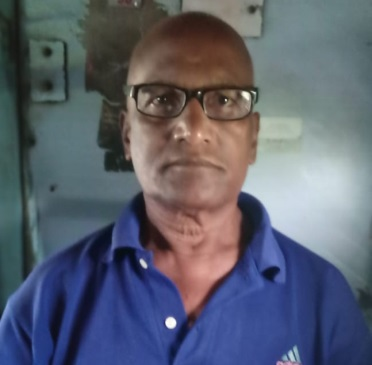
P C Swamy
COMMITTEE MEMBER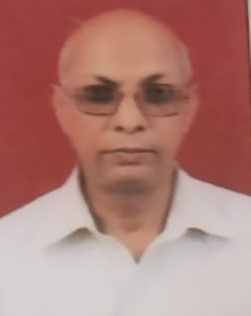
Binod Kumar
COMMITTEE MEMBER
Nibedita Kar
COMMITTEE MEMBER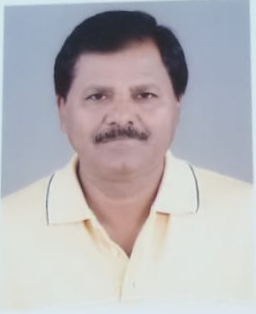

 Shashank Mishra,
Shashank Mishra,